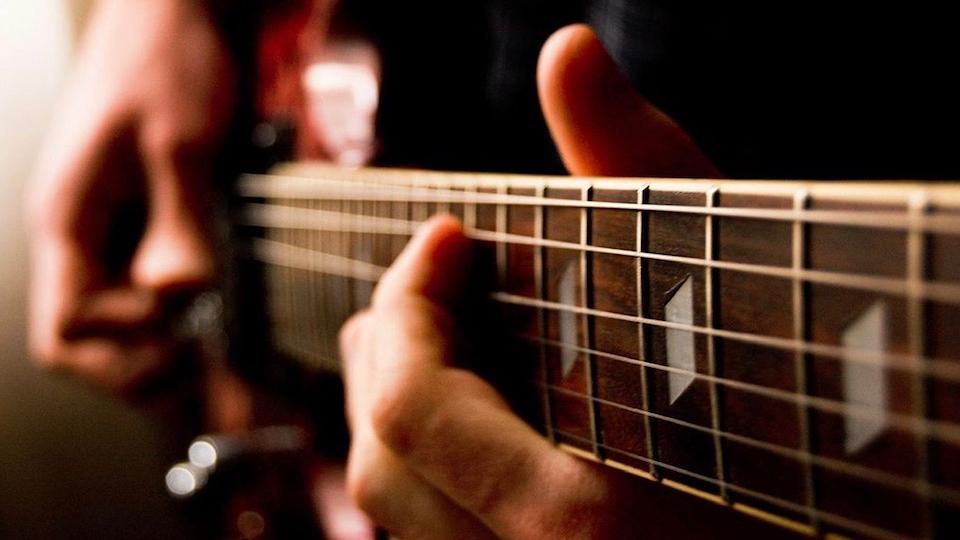Managing anxiety may help musicians get lost in the 'flow'
Primary page content
Some contemporary musicians may have an inherent advantage that helps them lose themselves in a state of ‘flow’ while playing their instrument, new research suggests.

A study published in the journal PLOS ONE by a team of psychologists, led by Joydeep Bhattacharya, Professor of Psychology at Goldsmiths, University of London asked 664 contemporary musicians – including R&B, jazz, pop, and indie performers – about their experiences of entering a ‘flow state’.
Flow is a state of optimal experience, without self-consciousness, doubt or anxiety, in which people feel fully-absorbed: sometimes described as being ‘in the zone’. A musician in flow may produce a high-quality performance, through exceptional levels of focus, and experience strong feelings of enjoyment and fulfilment.
The researchers found that flow experience – as self-reported by the musicians – has a negative correlation with trait anxiety: the tendency to report negative emotions across situations. The more anxious musicians are, the less frequently they will get into a flow state. The authors suggest that achieving the sense of control and loss of self-consciousness that are core elements of flow appeared to be the biggest hurdles faced by anxious musicians.
On the other hand, flow experience has a positive correlation with emotional intelligence: skills linked with better stress management and emotion regulation.
Performing music can be an intense emotional experience. The study suggests those with lower emotional intelligence may lack the requisite tools to successfully manage their emotions and stress levels, preventing them from regularly achieving flow states.
Amy Rakei, the first author of the study, said: “Finding ways to help musicians ‘go with the flow’ could improve their performance ability and artistry, but it may also be an effective tool to manage their anxiety in an inexpensive and drug-free way. Future research could focus on developing an intervention exploring this possibility further.”
The study also found that musical training was the most significant predictor to flow experience, supporting the view that a moderate to high skill level might be essential for achieving a flow state.
Study lead Professor Bhattacharya added: “Previous studies of flow in music have focused on classical musicians, but this is the first study focusing exclusively on a large sample of contemporary musicians. These musicians often improvise their performance, and improvisation is critically linked to flow. Our findings suggest that it is important to understand the nuances of flow proneness in musicians so that an individualised approach can be developed in the future targeting to boost flow experience. After all, flow is something which we possibly can never have in excess!”
A report of the research, entitled ‘Flow in contemporary musicians: Individual differences in flow proneness, anxiety, and emotional intelligence’ by Amy Rakei, Jasmine Tan, and Joydeep Bhattacharya, was published in the journal PLOS ONE.